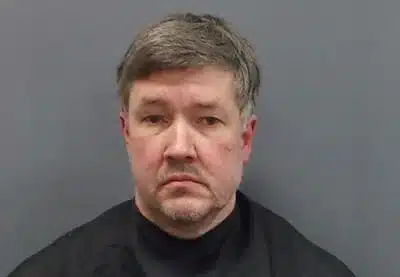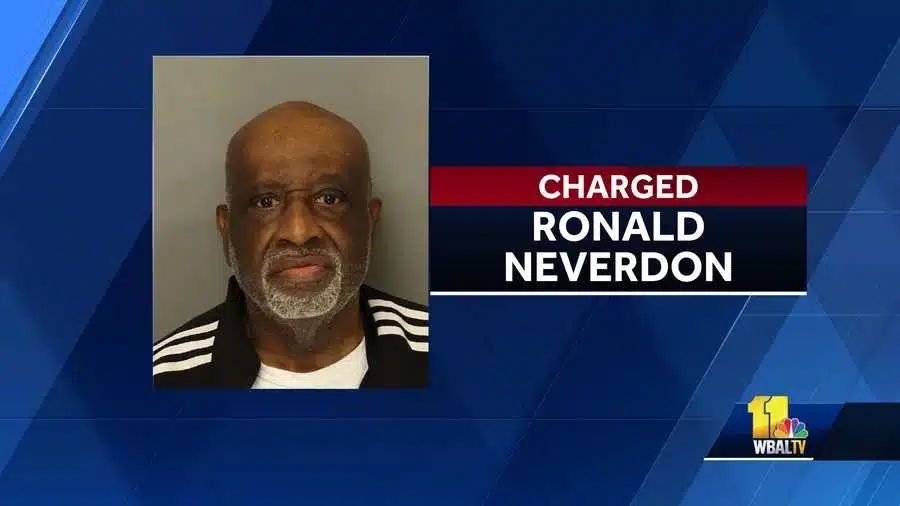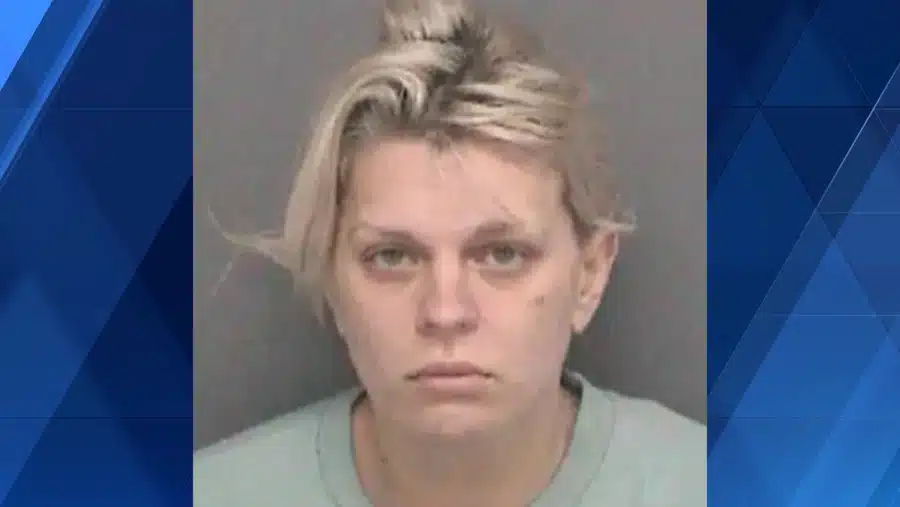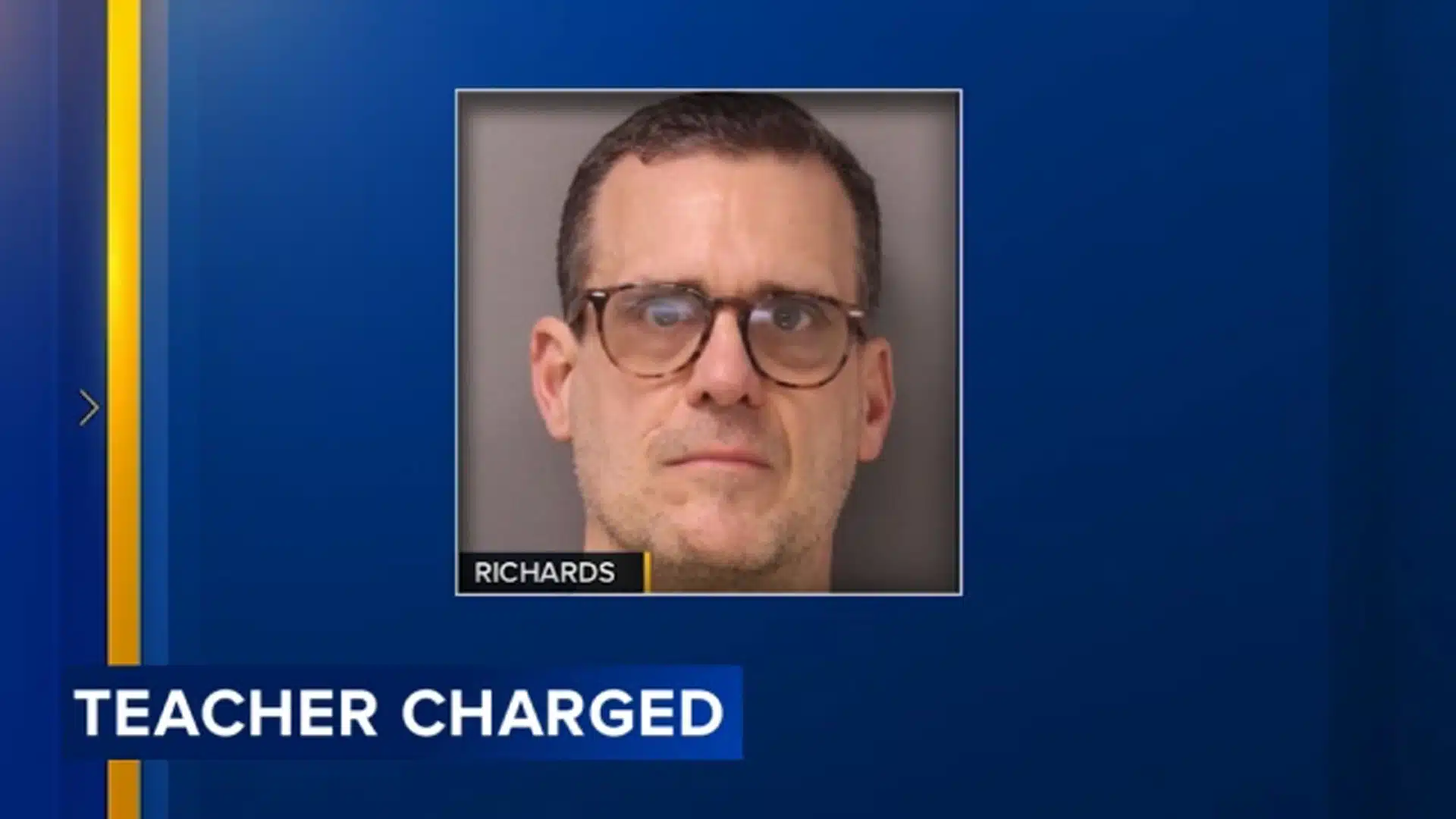ANDREOZZI + FOOTE
CLERGY & RELIGIOUS INSTITUTION SEXUAL ABUSE
Home » Practice Areas » Clergy & Religious Institution Sexual Abuse
Reviewed by:
Benjamin D. Andreozzi, Esq.
- Last Updated: April 7, 2025
In recent years, the number of victims coming forward with reports of Catholic clergy abuse has started to truly reflect the extent of the problem in the U.S. and around the world.
This shocks many because so many families have been affected by it.
While nothing will ever take away the trauma of their abuse, seeing justice be done and receiving a measure of recognition that they were wronged can be therapeutic for victims.
Victims of clergy abuse in the Catholic Church may also be entitled to claim compensation, no matter how long ago the abuse occurred.
At Andreozzi & Foote, our sexual abuse lawyers can help you take the necessary steps towards justice.
From the first confidential consultation, we are committed to helping you move on with your life in the knowledge that the perpetrators at least won’t be able to harm anyone else.
If you would like to research your abuser or Diocese, visit Bishop Accountability.
What is Catholic Clergy Abuse?
Clergy abuse in the Catholic Church is the abuse (generally of minors) from Church officials such as priests, bishops, and deacons.
Sexual abuse anywhere is horrific enough. When it happens to minors in an institution purporting to hold life sacred and protect the rights of individuals, it seems worse.
In many cases, the abuse from clergy members was known about by the institution but not acted upon, allowing perpetrators to continue their crimes for years.
For the victims, the consequences can be devastating, with psychological scars and behavioral problems carried into adulthood, affecting relationships, families, health, employment, and more.
Clergy Accused of Sexual Abuse
- Accused New York Clergy
- Accused Pennsylvania Clergy
- Accused New Jersey Clergy
- Accused Colorado Clergy
- Accused Arizona Clergy
Catholic Sexual Abuse Coverups In The Church
When people hear of individual stories of sexual abuse in the Catholic Church, it is heartbreaking enough.
To hear that there could be up to 100,000 victims of sexual abuse in the U.S. alone is scarcely comprehensible. That was the number alleged in a 1993 report by Fr. Andrew Greeley.
The extent of abuse is indicated by the fact that, to date, over 8,600 survivors have received over $3.8 billion in restitution from the Catholic Church, according to CNN.
What Is The True Extent Of Sexual Abuse In The Catholic Church?
The following statistics illustrate the extent of the problem of clergy abuse in the U.S.:
- According to bishop-accountability.org, which has documented the “abuse crisis” in the Catholic Church, 5,679 people alleging sexual abuse by Catholic clergy had reached settlements by 2009 – a number which has increased since but which still only represents a fraction of the allegations.
- According to the U.S. Department of Justice’s National Sex Offender website, only about 30 percent of all sexual assault cases are reported.
- A New York Times report found that allegations of clergy abuse existed in 161 of 177 Catholic dioceses in the U.S. and that every area of the country was affected.
- As an example of the extent of the problem, in the past 50 years, 7.7 percent of priests in Manchester, NH, have been implicated in the sexual abuse of minors.
The issue first came to a head in the 1980s and 1990s and then died down. Recent years have seen the topic of sexual abuse in religious institutions rise to the fore again, despite attempted coverups.
Unfortunately, most victims never come forward, so priests and other Church officials go unpunished for their actions.
Many others come forward only years after the abuse was committed, when they feel ready to confront the issue.
How Was The Catholic Clergy Abuse Problem Covered Up?
One of the most common ways that the Catholic Church has covered up sexual abuse has been to simply move alleged offenders to other parishes or dioceses – sometimes within the same state but more often than not interstate or even overseas.
Rarely is the new parish informed of the sexual abuse allegations so that children there could be protected.
Silence is a strategy that we see in many institutions where sexual abuse has occurred. Rather than addressing the problem and potentially bringing shame and loss of reputation to the organization, the perpetrator is never punished and sometimes victims are even treated with contempt. Whistleblowers may even be transferred.
A church-sponsored report found that, in 2002-2003, at least 150 Catholic priests from 56 dioceses who were “removed or retired” were facing credible sexual abuse allegations. Most were moved away to another U.S. diocese and a few even ended up overseas.
This shows that coverups continued into recent years, despite the Catholic Church vowing to take the problem of clergy abuse seriously and to deal with it strongly and consistently.
How Was The Clergy Abuse Uncovered?
Despite the best efforts of the Catholic Church to quash reports of sexual abuse among its clergy, the problem was gradually uncovered by the media.
In particular, when the Boston Globe filed (and won) a motion in court to make church documents used in civil lawsuits filed against the church public, the truly astonishing extent of clergy abuse became more widely known.
Starting in Boston, the issue was soon investigated across the United States and the considerable courage of many victims in coming forward has aided the cause.
What can you do if you are a victim of sexual abuse in the Catholic Church?
If you have suffered sexual abuse at the hands of the Catholic clergy, changes to the law in many states have empowered victims and made the process of filing a claim easier.
Some states have even set up special compensation programs and funds for the survivors of clergy abuse. New York and California were amongst the first to do so.
It is never too late to come forward and the sexual abuse lawyers at Andreozzi & Foote are here to help you no matter how old you are or when the abuse took place.
We are well-accustomed to hearing the details of clergy abuse and can advise on the legal steps available to help you seek the restitution you deserve.
What Compensation Can You Claim For Clergy Sexual Abuse?
Coming forward and seeking justice for clergy abuse can help you hold the individual and the institution accountable for their actions.
This may help prevent others from becoming victims of sexual predators.
While the emotional and psychological scars may never fully heal, taking legal action can help the healing process so that you can move on with your life.
You may also be entitled to compensation for the pain, suffering, and losses that have resulted from the abuse. This includes:
- The costs of counseling
- Costs of mental and/or physical therapy
- Costs of medical prescriptions
- Pain and suffering
- Inability to work
Rest assured that if you contact the lawyers at Andreozzi & Foote, all the information you provide will be treated confidentially, including your identity.
We handle cases involving diocese and archdiocese nationally across the country, including:
- New York
- Arizona
- New Jersey
- Colorado
Learn About Your Options Today. Free, Confidential Case Assessments Available.
If you or a loved one are a victim of childhood sexual abuse in the Catholic Church, call us to schedule a consultation at (866) 311-8640, or fill out the form.
If you would like to research your abuser or Diocese, visit Bishop Accountability.
CONTACT US TODAY
Free In-Depth,
Confidential Consultation
Empowering Survivors and Delivering Justice Nationwide
We understand the courage it takes to reach out for help, and we are here to listen. At Andreozzi + Foote, our trauma-informed attorneys are dedicated to providing compassionate, confidential support every step of the way. With extensive experience in advocating for survivors of sexual abuse, we are committed to creating a safe and supportive environment where your voice is heard and your rights are fiercely protected. Contact us today for a free, in-depth consultation and take the first step toward justice.










